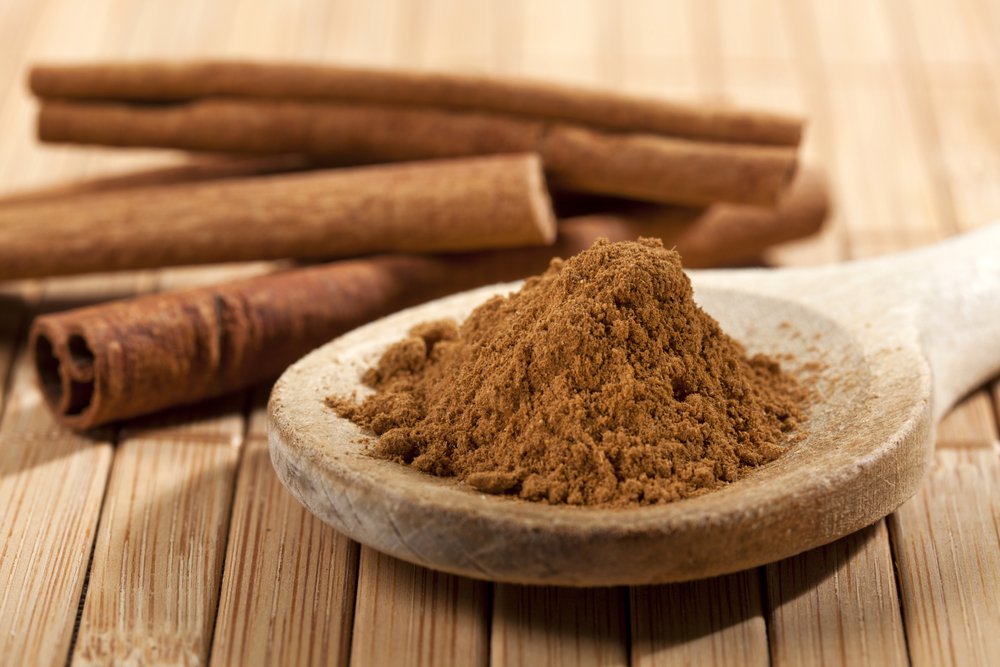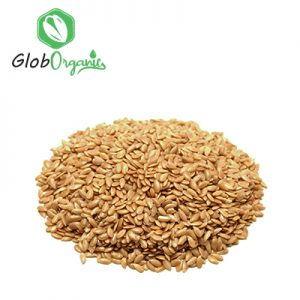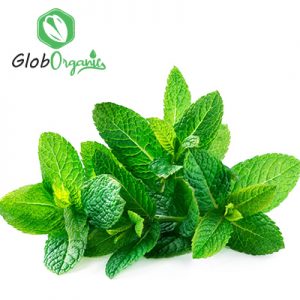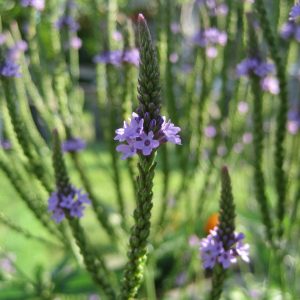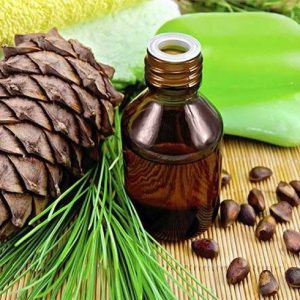Description
The scent of cinnamon is spicy, sweet, and for many, filled with happy memories of delicious food and cozy days. Cinnamon oil is prized for its lush fragrance. It’s also linked to several health and beauty benefits.
Cinnamon in a variety of forms has been studied for its effect on infection control, blood sugar management, and other conditions. StudiesTrusted Source indicate that cinnamon oil has:
- antibacterial
- antifungal
- antidiabetic
- and antioxidant properties
Types of cinnamon oil
Cinnamon oil is derived from the bark or leaves of several types of trees, including the Cinnamomum verum tree and the Cinnamomum cassia tree.
Most commercially available cinnamon oil is derived from the Cinnamomum cassia tree and is called cassia cinnamon. Cinnamon that comes from the Cinnamomum verum is called Ceylon cinnamon. This variety is more expensive.
Both types are comprised of compounds and phytochemicals, such as cinnamaldehyde and eugenol. It’s these elements that make cinnamon beneficial for health.
Mood enhancer
Cinnamon oil’s properties make it a popular choice for at-home aromatherapy treatments.
In aromatherapy, essential oils are diffused or spritzed into the air so they can be breathed in or absorbed into the skin. Aromatherapy has been linked to many benefits, including reduced depression and anxiety, and better sleep.
Cinnamon oil’s use in aromatherapy hasn’t been extensively studied, but many people enjoy the scent of cinnamon and find it relaxing.
Antibacterial properties
Research suggests that cinnamon oil:
- Combats hard-to-treat bacterial organisms. A studyTrusted Source, which used bacterial cultures and lab tests, found that compounds in cinnamon oil had an antimicrobial effect against Pseudomonas aeruginosa, a potentially life-threatening, drug-resistant bacteria that affects plants, people, and other animals.
- Supports oral health. Cinnamon’s antibacterial and antifungal properties have been found to be effective against Streptococcus mutansTrusted Source and on Candida ssp biofilm, two agents which cause oral infections and cavities in teeth.
- Disinfects. Cinnamon bark oil’s antibacterial properties make it a safe, effective, and non-chemical additive alternative that can be used to preserve products and increase their shelf life. One studyTrusted Source found that cinnamon oil could be effectively used as a preservative in cosmetics, toiletries, and hospital-setting disinfectants.
Hair fullness and growth
There’s no scientific evidence linking cinnamon to hair growth in humans. There have been studies in mice that found some thickening and growth of hair.
Anecdotal reports and traditional practices indicate that a mask made of cinnamon, olive oil, and honey may be effective at promoting the growth and thickening of hair.
Food flavoring and cosmetics
Cinnamon oil is available as an essential oil and as a food-grade oil. It can also be found as an ingredient in sugar-free gum, hard candy, tea, and in commercially prepared baked goods.
Cinnamon oil is used as an ingredient in toiletries, such as toothpaste, mouthwash, soap, and body lotion. It’s also used to scent room sprays, candles, and seasonal items like pine cones and garlands.

